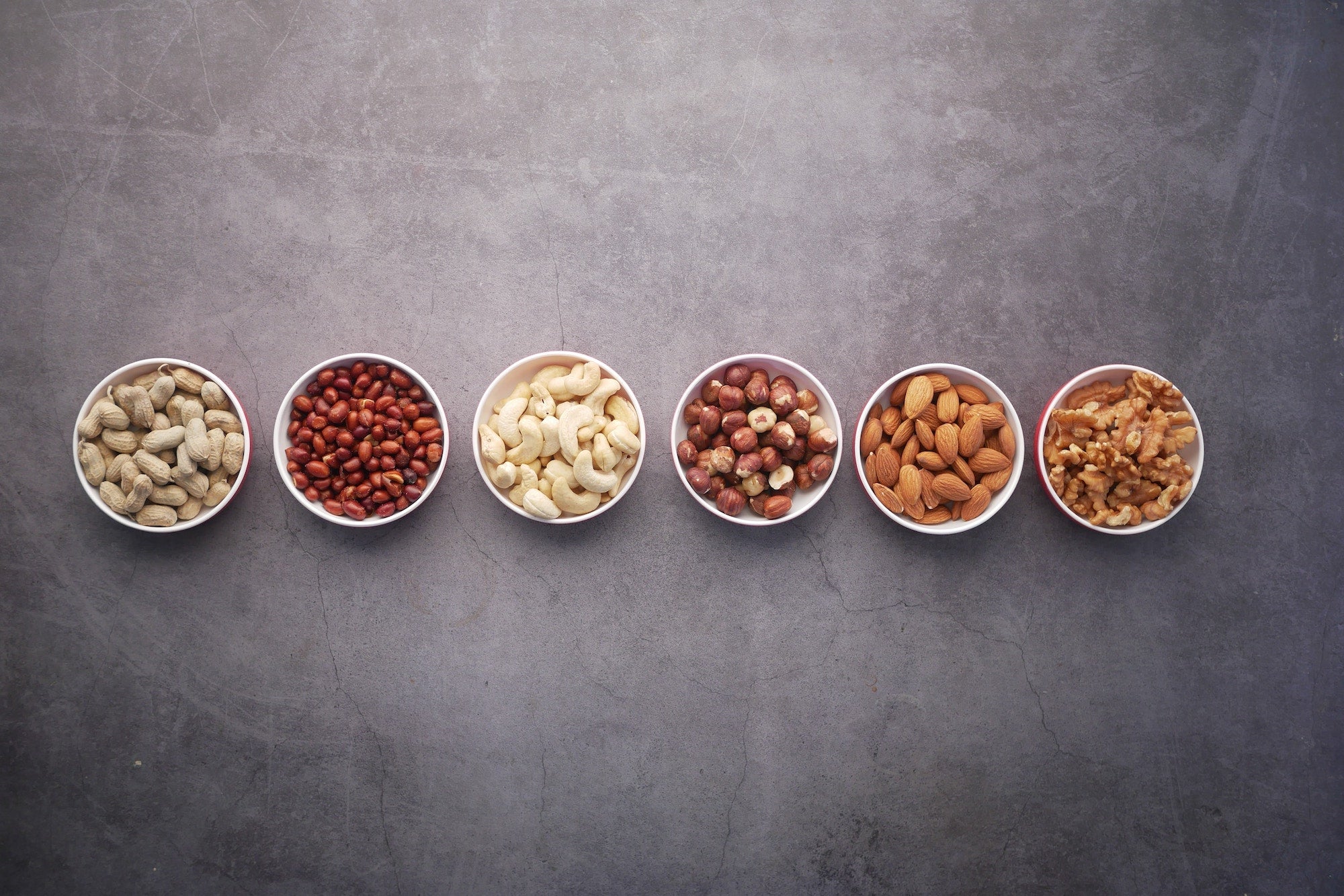40 + women often navigate a myriad of responsibilities, from managing careers to caring for families, which can lead to neglecting their own nutritional needs. Proper protein intake is essential for maintaining overall health, particularly as the body undergoes various physiological changes with age. This essay delves into the importance of protein in the diet of 40 + women and discusses the recommended protein intake to promote their well-being.
The Role of Protein in the Body
Proteins are fundamental macronutrients that serve as the building blocks of the body. They are involved in a plethora of crucial bodily functions, including tissue repair, immune system support, enzyme production, and hormone regulation. As 40 + women experience changes in metabolism and hormonal balance, adequate protein consumption becomes even more significant for preserving muscle mass, bone density, and overall vitality.
Recommended Protein Intake for 40 + Women
The recommended protein intake for 40 + women depends on factors such as weight, activity level, and overall health. According to the U.S. National Academy of Medicine, the daily protein requirement for adult women between the ages of 31 and 50 is around 46 to 56 grams per day. However, this is a general guideline, and individual needs may vary.
For women leading an active lifestyle or engaging in regular exercise, the protein requirements may be slightly higher to support muscle recovery and growth. Experts suggest that active 40 + women may benefit from consuming approximately 1.2 to 1.7 grams of protein per kilogram of body weight per day.
Meeting Protein Needs with a Balanced Diet
Meeting protein needs should be achieved through a balanced and diverse diet. Incorporating various protein sources ensures a wide array of essential amino acids, which are crucial for the body's proper functioning. Excellent sources of protein for 40 + women include lean meats, poultry, fish, legumes, nuts, seeds, dairy products, and plant-based protein alternatives like tofu and tempeh. Furthermore, it is essential to consider the quality of the protein sources consumed. High-quality proteins, often found in animal products, contain all essential amino acids in the right proportion, making them more effective for muscle and tissue repair. However, plant-based proteins can also provide adequate nutrition when combined thoughtfully to form complete protein profiles.
Potential Benefits of Adequate Protein Intake
Maintaining an appropriate protein intake offers numerous health benefits for 40 + women.
These include:
Muscle Maintenance: Protein aids in preserving muscle mass, which is particularly crucial as women age to prevent muscle loss and maintain strength and mobility.
Weight Management: Protein-rich diets have been associated with increased feelings of fullness, helping to control appetite and manage weight more effectively.
Bone Health: Adequate protein intake, especially in combination with calcium and vitamin D, supports bone health and reduces the risk of osteoporosis.
Hormonal Balance: Protein plays a role in hormone synthesis and regulation, potentially mitigating symptoms associated with hormonal changes during menopause.
Protein is a vital nutrient for 40 + women, supporting their overall health and well-being. Meeting daily protein needs through a balanced diet that includes various sources of high-quality protein can help preserve muscle mass, support bone health, manage weight, and maintain hormonal balance. As 40 + women juggle multiple responsibilities, prioritising their nutritional needs, including adequate protein intake, is essential for a healthy and fulfilling life.




